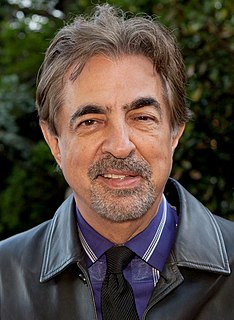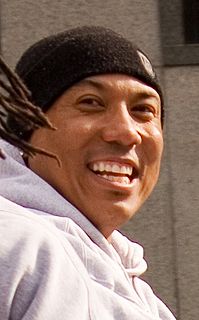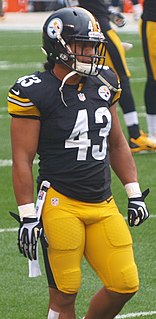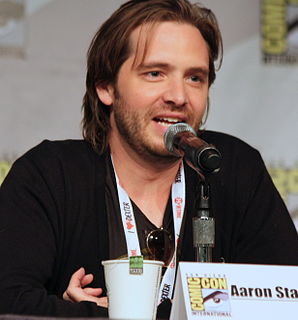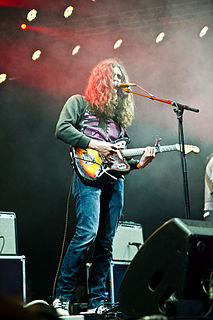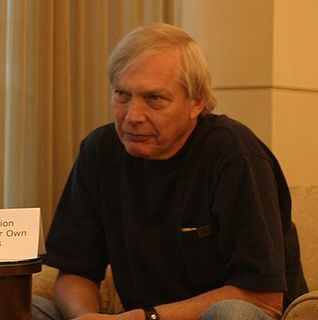A Quote by Joe Mantegna
I think of being an actor as a blue-collar profession.
Quote Topics
Related Quotes
Where's our Paul Newmans? Where's our Robert Redfords? We've got Jason Statham, who is great... blue collar and cool, which is fantastic. And we've got Hugh Grant, which is great. But where's this crossover, this blue collar guy who is cool? Where is our James Dean? Where is our John Travolta and Steve McQueen?
